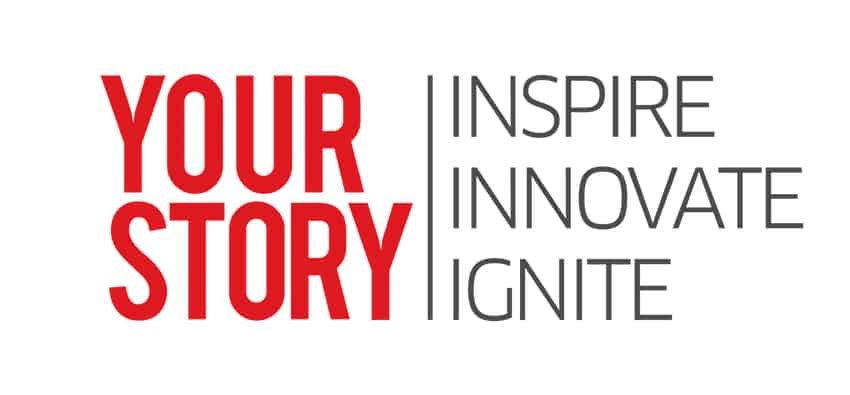According to the Organisation for Economic Co-operation and Development (OECD), India ranks among the countries with the highest volume of counterfeit goods. The list includes not only shoes and gadgets, but also entire websites posing as well-known companies. Counterfeit products penetrate every sector — from clothing to online casinos — making brand protection an extremely difficult task.
Each year, brands lose billions of dollars due to counterfeiting. These are not just headlines, but insights from company analytics and international trade organizations. This raises a question: how much does the right to a name cost in a country where anyone can use it?

A Notable Case in the Gambling Sector
Parimatch does not officially operate in India, but that doesn’t stop dozens of websites from acting on its behalf. Using someone else’s logo, similar design, and promises of gambling, they create the illusion of the brand’s presence. As a result, users are misled, and the reputation of the real company is put at risk.
Well-known companies even have to simulate their market presence through reviews and rankings. While preparing this material, our editors examined the top search results in several Indian states for various queries and confirmed this theory.
For example, on the website https://paytmcasinos.com.in/, which offers reviews of online casinos that accept a popular Indian payment system, Parimatch regularly appears as one of the leading platforms. It’s hard to believe that this happens by chance.
The unique aspect of this situation is that Parimatch cannot simply “file a complaint” and wait for a response. To track violations, the company must hire cybersecurity specialists, collect evidence, and contact local authorities. The difficulty lies in the fact that even when all documents are in order, regulators are in no hurry to act — especially when the company is not yet registered in the country.
Such precedents raise an important question: is it possible to effectively protect your rights in a place where you don’t legally exist yet? By the time a brand officially enters the market, its reputation may already be compromised.
Major Companies Learn to Withstand the Pressure Despite Legal Inaction
Companies facing counterfeit issues in India are increasingly moving from words to action. Some focus on legal protection, while others rely on enforcement measures in cooperation with local authorities. And in doing so, they achieve certain results.
In March 2024, HARMAN, the owner of the JBL brand, conducted a raid on stores in Delhi. In cooperation with the police, a batch of 54 counterfeit car speakers was seized. Company representative Vikram Kher stated that the brand intends to act firmly and consistently — lawsuits, fines, and direct confiscations have become part of the strategy.
Adidas also took a stand. In one case, the company obtained a court order prohibiting the sale of products with fake logos. The Delhi court ruled in favor of the manufacturer, and the offender was ordered to pay compensation.
Louis Vuitton and Rolex rely on international pressure. They initiate investigations not only within India but also beyond its borders to increase pressure on those involved in the shadow market. These steps require resources but help send a clear message: brands are ready to fight.
You Might Be Surprised to Learn What Drives the Problem
Counterfeiting in India exists not only because it’s hard to track. It thrives on demand. For many buyers, the difference between an original and a fake doesn’t seem significant — especially when it comes to price. Some don’t see the difference, while others make a conscious choice.
Some experts claim that the root of the problem lies in a lack of information. A user may land on a copycat site and not even notice the substitution — especially when the fake carefully mimics the brand: logo, interface, marketing texts. But there are also cases when the buyer suspects what’s happening — and still agrees, because it’s cheaper.
One telling case was shared by a schoolteacher from Jharkhand. According to her, U.S. customs seized clothing she was bringing as a gift for her son: T-shirts, pants, socks. As reported by the Times of India, all the items turned out to be counterfeits bought in India and were confiscated. The woman was threatened with criminal charges.
Can the buyer be blamed if there’s hardly any difference between the real and the fake — in-store or online? Or is the real issue how willing people are to knowingly participate in such a system?
The Battle May Be Lost, but the War Isn’t Over
Parimatch continues monitoring, filing lawsuits, and working with law enforcement agencies. Despite lacking a license in the Indian market, the company is already spending resources to fight those who try to misuse its name. This approach isn’t unique — many international brands act in a similar way.
In the fight against counterfeits, it’s not the side with more resources that wins, but the one that responds faster and more persistently. Brands that ignore the problem risk losing trust long before they enter the market. Those who act maintain a chance at a clean reputation and sustainable growth.
Active protection of intellectual property requires a systematic approach. But even in the Indian market, where counterfeiting has become routine, companies find ways to defend their interests. And in that lies a message: legal confusion does not negate the value of effort.























